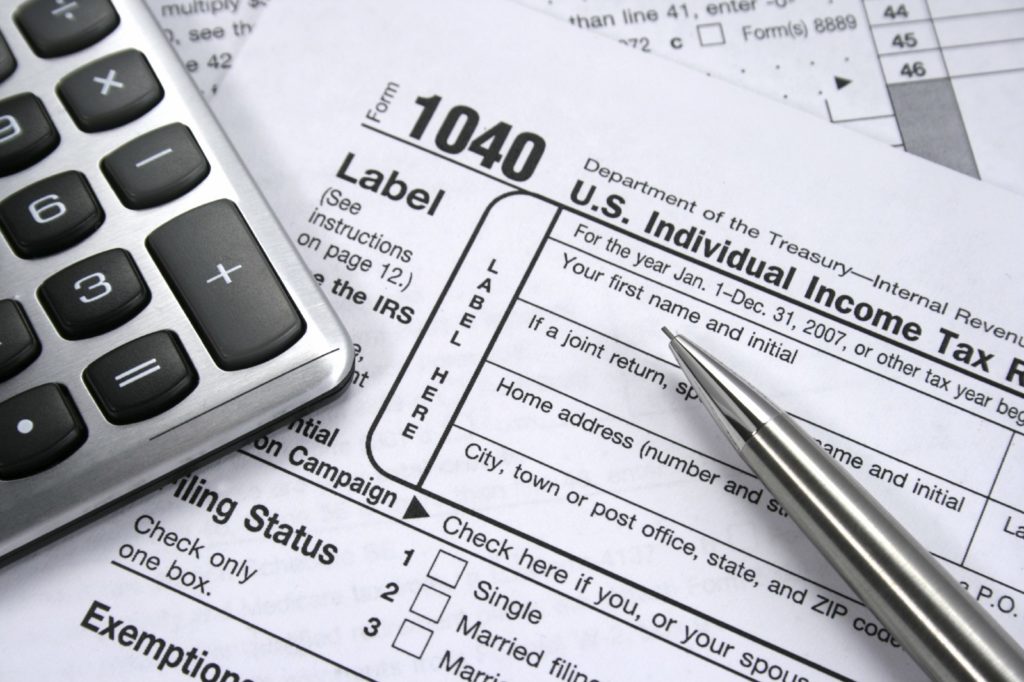After the OECD report, Spain as a member country clamped down on Bitcoin traders and there could even be harsher penalties for crypto tax evaders across the member nations so let’s read more in our latest crypto news.
The member nations of the OECD are also formulating independent regulations on taxing digital assets but Spain will make it mandatory for people to disclose their crypto holdings. According to the recent OECD report, the Organization for Economic co-operation and Development said that all member countries should be open to sharing information on the crypto holdings of its citizens. The OECD is an intergovernmental organization that is made up of 37 member nations that work to establish a common reporting standard for taxation of crypto assets. the reporting standard will make it easier for various members to share the information on crypto holders.
The organization will continue to work on the detailed technical proposals for the next tax reporting with a view to presenting a comprehensive implementation to G20 in 2020. The secretary-general also regularly reported to G20 finance ministers and central bank governors. The latest moves come on the heels of the organization’s July report which was focused on tax challenges facing the emerging digital economy that will now appear that crypto assets will be taking the center stage in the OECD vision of this economy.
Alongside the OECD global efforts to bring crypto into compliance, individual countries are formulating their own regulations. In a major update to the crypto tax laws, Spanish government spokeswoman Maria Jesus Montero told that once a recently-proposed draft bill will become a law and it will make it mandatory for citizens to disclose the crypto holdings. The draft is known as Draft Law on Measures to Prevent and Combat Tax fraud and will be presented to the parliament for final approval.
As previously reported, The central bank in Spain has issued a warning to its citizens and customers of the risks of crypto transactions with unregulated cryptocurrencies. Both of the documents show that Spain still hasn’t passed any law regarding cryptocurrency and that all of the exchange platforms are not authorized or supervised by the central bank. All of the crypto trading platforms also don’t have the protections of the national deposit guarantee systems such as the one that the central bank has- Deposit Guarantee Fund of Spain.
DC Forecasts is a leader in many crypto news categories, striving for the highest journalistic standards and abiding by a strict set of editorial policies. If you are interested to offer your expertise or contribute to our news website, feel free to contact us at [email protected]
























Discussion about this post